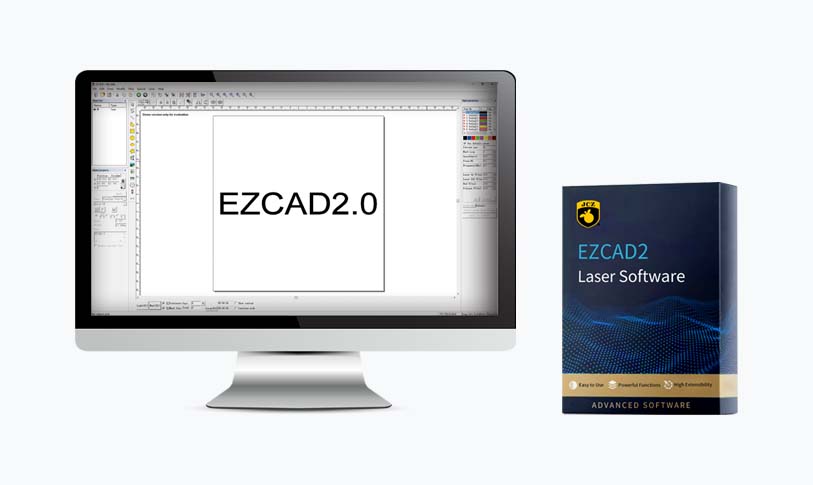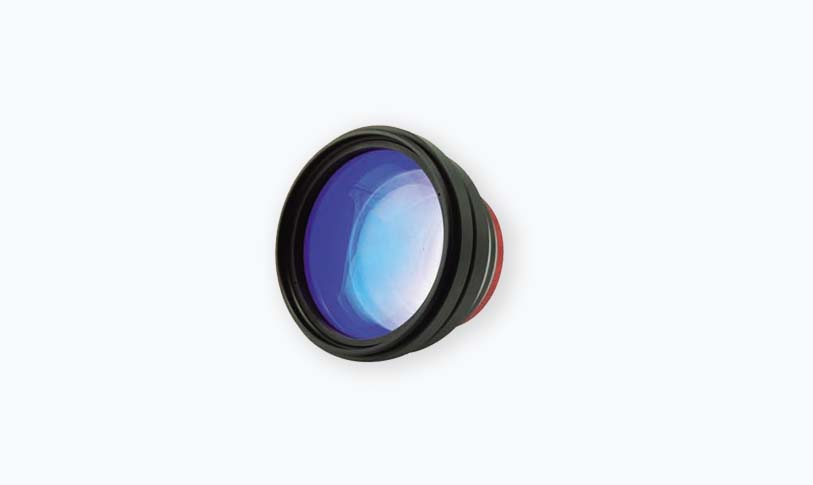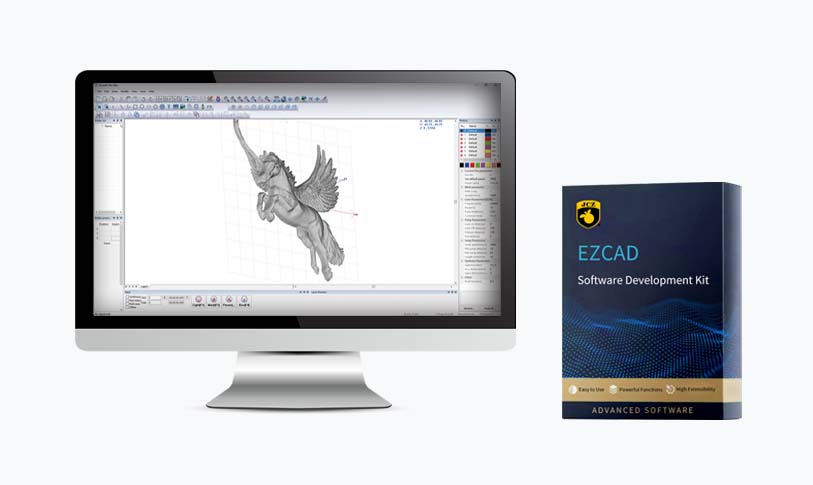[500w fiber laser]Exploring the Advantages and Applications of 500W Fiber Laser Technology in Modern Manufacturing
In recent years, fiber laser technology has emerged as a revolutionary method of cutting, engraving, and welding across various industrial sectors. Among the notable advancements in this field is the development of the 500W fiber laser, which has gained popularity for its versatility, efficiency, and precision. This article delves into the advantages and applications of the 500W fiber laser, showcasing its impact on modern manufacturing processes.
A fiber laser operates by delivering a high-intensity laser beam through a series of optical fibers, resulting in a concentrated light source that can cut through a variety of materials with ease. The 500W fiber laser stands out due to its optimal power level, making it an ideal choice for both thin and moderately thick materials. The energy produced by the 500W laser allows it to cut through metals such as stainless steel, aluminum, and mild steel, making it useful for diverse applications in industries ranging from automotive to aerospace and even jewelry making.
One of the primary advantages of the 500W fiber laser is its precision. The beam generated is incredibly fine, allowing for intricate designs and precise cuts. This level of accuracy minimizes the need for post-processing, reducing waste and saving valuable time and resources. Businesses can achieve remarkably high-quality results, which are essential in industries where detail and precision are paramount, like electronics and medical device manufacturing.

Exploring the Advantages and Applications of 500W Fiber Laser Technology in Modern Manufacturing

Exploring the Advantages and Applications of 500W Fiber Laser Technology in Modern Manufacturing
Moreover, the 500W fiber laser is recognized for its efficiency and speed. Compared to traditional cutting methods, such as CO2 lasers, fiber lasers can operate at higher speeds while consuming less energy. The technological advancement of the fiber laser means that it can cut at speeds up to three times faster than other cutting tools, drastically improving production workflows. This increase in speed not only translates to faster turnaround times for projects but also allows manufacturers to keep up with growing demands in an increasingly competitive market.
Another significant benefit of the 500W fiber laser lies in its low maintenance requirements. Fiber lasers do not require mirrors or complicated optics, resulting in fewer parts that can fail or require servicing. This relatively low maintenance need translates into lower operational costs for businesses. Furthermore, the reliability of fiber laser systems leads to greater uptime, enhancing overall productivity.
The versatility of the 500W fiber laser is also noteworthy. It can be used for various applications, including cutting, engraving, and welding, across different materials. It is ideal for industries that require frequent design changes, as the quick setup and modification capabilities of fiber lasers allow for swift adaptations in production processes. Whether it’s creating complex engravings on jewelry or cutting intricate components for industrial machinery, the 500W fiber laser excels in meeting diverse manufacturing needs.

Exploring the Advantages and Applications of 500W Fiber Laser Technology in Modern Manufacturing
Additionally, safety is a crucial aspect to consider in manufacturing, and the 500W fiber laser shines in this regard. Its design minimizes the risk of injury among operators, as the focused beam and enclosed systems reduce exposure. By integrating safety features, manufacturers can ensure a more secure working environment while maximizing output.
In conclusion, the 500W fiber laser technology represents a significant advancement in the field of manufacturing. With its precision, efficiency, low maintenance requirements, versatility, and safety features, it is an invaluable tool that addresses the challenges faced by modern industries. As these technologies continue to evolve, the potential applications of 500W fiber lasers will undoubtedly expand, paving the way for innovative solutions that meet the demands of the future. Embracing this technology can provide manufacturers with a competitive edge and establish them as leaders in their respective sectors.mopa laser marking
